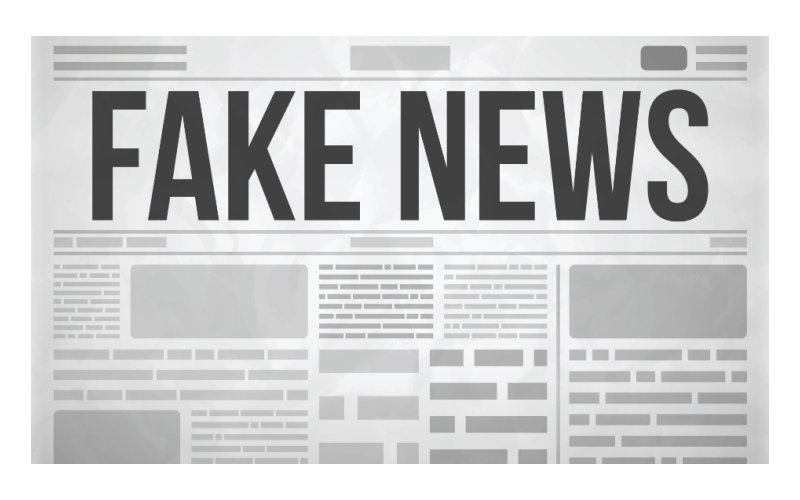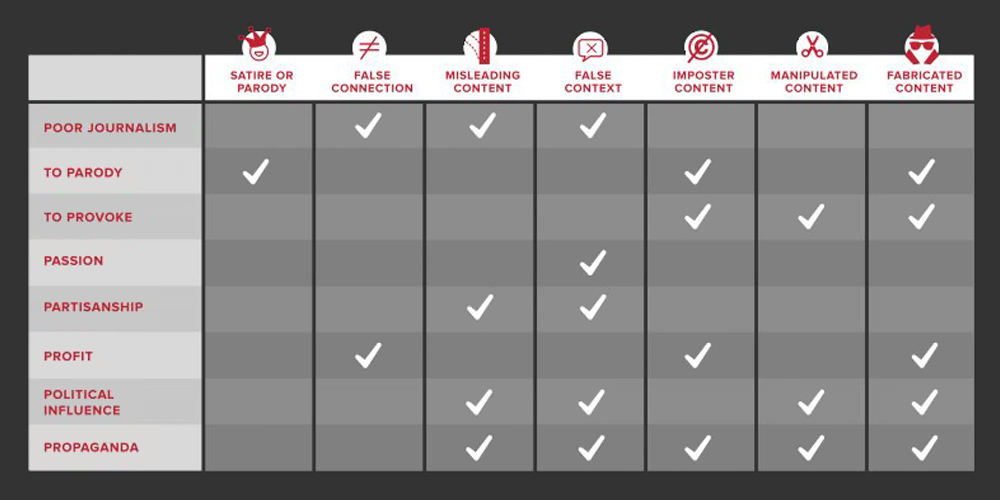Hoaxes or "fake news", are pretty much everywhere on the web. It's like the population of the internet has agreed to create, share and digest fake news as their daily routines.
Here is where fake news are more than just "news" as they affect the entire information ecosystem. They are best described as the complexity of different sorts of misinformation and disinformation that aim to provide the benefit of certain parties.
There are different elements that make the information ecosystem:
- The variety of contents being created and shared.
- The motivations of those that created the contents.
- The ways the contents are shared on the internet.

The three elements matter because knowing how the ecosystem works, we can understand how news are created and shared, helping people in fighting them.
While people should certainly worry about journalists in creating fake news inadvertently, but there is a shift that changed most of that part. While traditional ways of spreading information often relied on ‘one-to-many’ broadcast technologies, but with social networks, anything can go viral.
Fake news and propaganda can be targeted at users who are more likely to accept and share that particular message. Once they inadvertently share a misleading or fabricated article, image, video or meme, the next person who sees it in their social media feed will probably trusts the original poster.
This is the problem. And as it goes on, the misleading information can spread like wildfire.
Why Fake News?
The main motivation for people in creating fake news, include: poor journalism, profit, provoke, parody, passion, partisanship, political influence, power and propaganda.
By breaking down fake news and mapping them against one another, there should be a distinct pattern that includes at least one or two of the above reasons. And with the power of opinions given by the internet and social media networks, people shared those fake news unwittingly by retweet without checking, commenting without understanding and so forth.
Some of the damage can also be amplified by influencers or journalists that are under pressure of making contents.
What Can You Do?

Because there are too much information on the web, we can easily fool ourselves in believing one article to the next. Our minds are already exhausted by seeing too much data that we become less reliable in distinguishing what's true or false.
Fake news creators understand this.
They know that people on the internet are more likely to be fooled when they're presented with information that support their existing beliefs. And because information is plenty on the internet, there are too much noise and confusion, making us more vulnerable and much easier to influence.
As part of the internet community and the ecosystem, what you need to do is to never accept information without double-checking. Never share a post, image or video, without verifying them first.
The ecosystem is so polluted, we have to take responsibility for independently checking what we see online, and prevent them from spreading.
The next thing is to never let your emotions and personal thoughts get involved. This is because when we're angry or disturbed, in fear or discriminated, our critical thinking skills diminish. We have to teach ourselves to be skeptic to things we see. We have to second guess our instinctual reaction.
Take a few minutes to help yourself in digesting information on the web, before even thinking of clicking the share button.